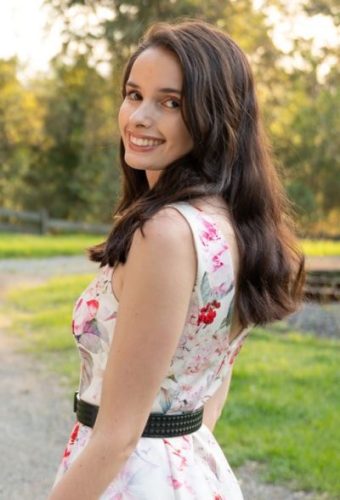I open up my diary and start reading: “When no one is watching, my life is like art: whimsical, beautiful, intense. Then, there is an observer, and my life is not mine anymore. I become a fragmented self as one part lies in anxiety, and other parts scattered between self and other. I wish for my life to always be like art.” This diary entry attempts to capture my feelings of anxiety, loneliness, confusion, and alienation in social settings. I have been diarising such thoughts repeatedly since the age of eleven.
Throughout my teenage years, I saw numerous psychologists – all were left confused about the complex, chronic, and paradoxical nature of my social and emotional difficulties. I would describe unbearable mental anguish and social anxiety, yet be able to function, and even excel in my pursuits. I also showed traits that were obsessive-compulsive (lining things up) or resembled borderline personality disorder (impulse control difficulties). A whole decade of psychologist appointments passed, yet no one could help me.
Then, at 24 years old, something wonderful happened. I realised that I am autistic. Along with this realisation, my past experiences made sense. I also uncovered new understandings about myself.
What does autism mean for me? My autism means that since childhood, I have been frequently misunderstood. I experience sensory input intensely; sometimes this is overwhelmingly agitating, but other times overwhelmingly beautiful. I have thrived academically and professionally because I quickly notice details and patterns in information, am methodical, and analytical. I lose myself for countless hours in subjects and projects that I find interesting. I love routine and structure: lists, plans, and spreadsheets keep me grounded. I value sincerity, openness, and straight-forward communication. I dislike reading between the lines, small talk, and forcing myself to make eye contact.
Over the past two years, I have been happy. I attribute this to understanding myself better, my patient fiancé, meeting like-minded friends, and working in a company that empowers autistic individuals. Finally, the people surrounding me celebrate, rather than reject, my differences. I too am starting to accept myself. As that happens, my life is increasingly becoming “like art” – a beautiful, neurodivergent masterpiece.
By Amy Cramb

